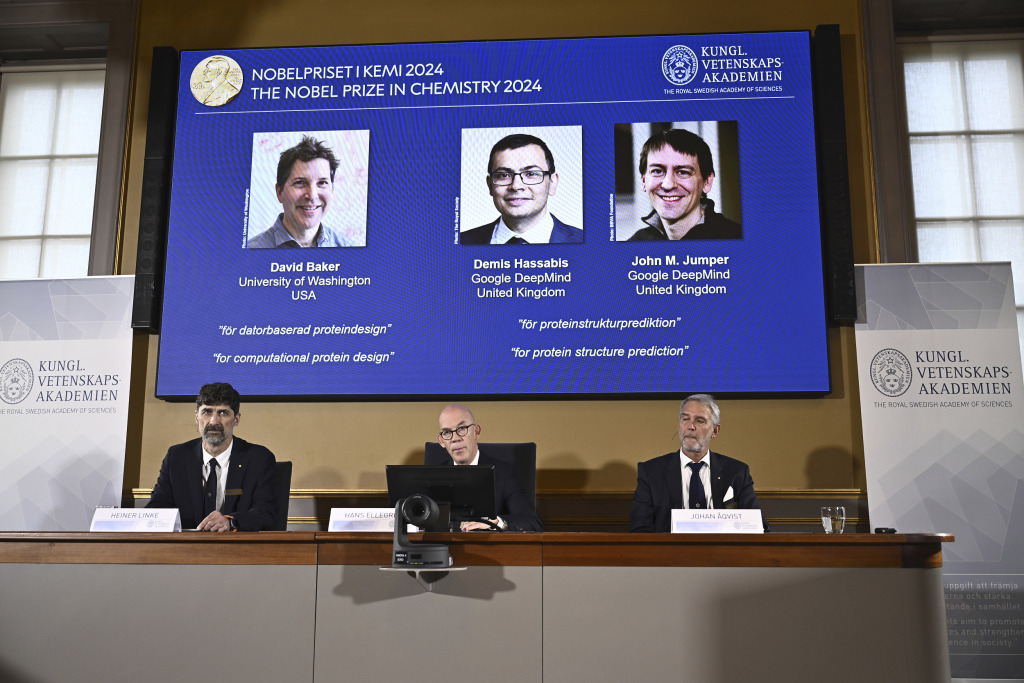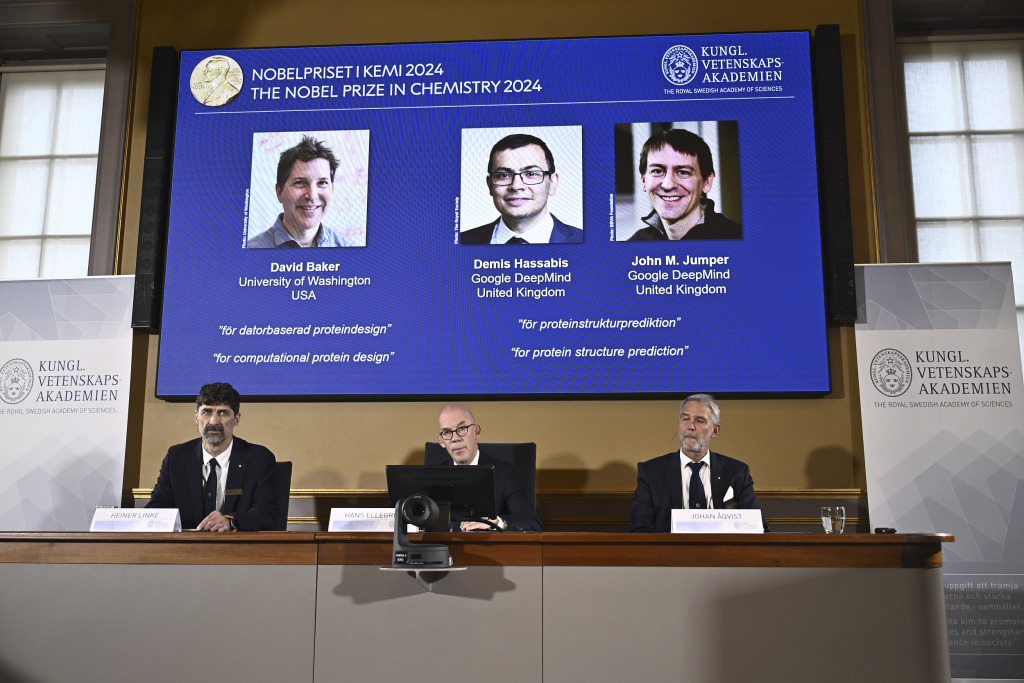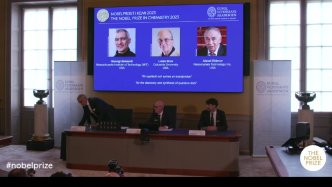
Starting from October 2, the annual Nobel Prize "Award Week" officially kicks off, and the six major awards will be announced one by one.
Looking back at the long history of awards, how much do you know about the trivia behind this award? Among the nearly 1,000 award-winning individuals and organizations, how many women have received the honor? Why do the prizes for various awards never seem to be paid out, and even increase in 2023?

Image source: Screenshot of the Nobel Prize official website
Where did the Nobel Prize come from?
"Please turn my property into a fund, and use the interest from this fund as a bonus every year to reward those who have made outstanding contributions to mankind in the previous year."
More than a hundred years ago, Alfred Bernhard Nobel, the inventor of nitroglycerin dynamite, made this special will despite the opposition and dissuasion of others.
He used most of his huge inheritance as a fund, and the interest earned every year was divided into 5 parts to be awarded to those who have made contributions to mankind in the fields of physics, chemistry, physiology or medicine, literature, and peace.
The Nobel Prize is also named after this famous Swedish chemist. In 1901, five awards were awarded for the first time. In 1968, the Nobel Prize in Economics was added and awarded for the first time the following year.
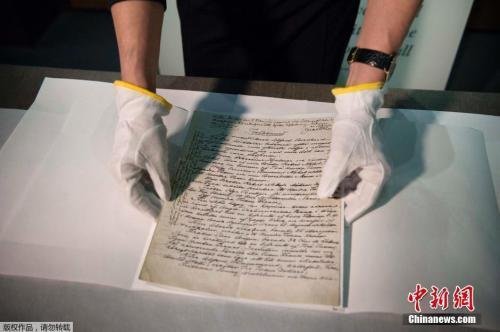
Data map: The Nobel Museum in Sweden displays the manuscript of Alfred Nobel’s will.
Endless huge bonuses
Initially, Nobel's inheritance was only 31 million Swedish kronor (about 1.702 billion Swedish kronor today). From 1901 to the present, the total amount of prize money awarded by the Nobel Prize has far exceeded this figure. Why has this bonus not been used up after more than 120 years?
It turns out that this is mainly due to investment and financial management. It is said that the money of the Nobel Foundation has been invested in national bonds, real estate and stock markets. Affected by financial management efficiency and other factors, the amount of Nobel Prize bonuses has been adjusted up and down in recent years.
In 2011, due to the slump in global stock markets, the Nobel Foundation lost more than 19 million Swedish kronor in its stock investments. The amount of each bonus has also been reduced from SEK 10 million to SEK 8 million. In 2017, the prize money was increased to 9 million crowns and in 2020 to 10 million crowns.
By the end of 2022, the Nobel Foundation’s investment capital has reached 5.799 billion Swedish kronor. In 2023, the Nobel Foundation, which has strong financial resources, decided to increase the bonus.
According to the Nobel Foundation, the Nobel Prize winners in 2023 will receive an additional SEK 1 million, raising the bonus to SEK 11 million. Agence France-Presse stated that this will be the highest prize amount in the history of the Nobel Prize for more than 100 years.
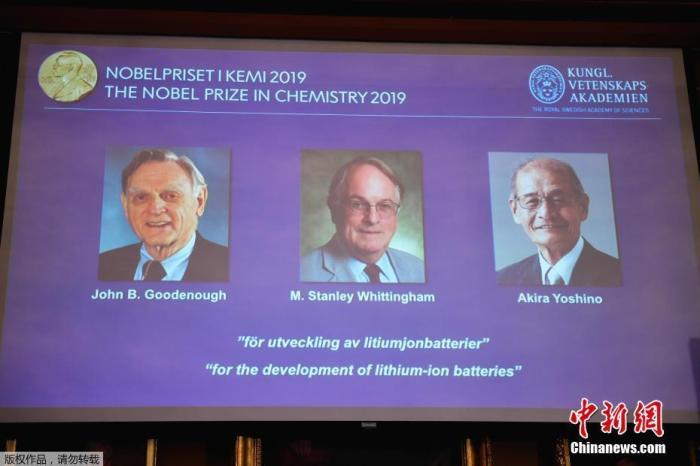
Data map: On October 9, 2019 local time, the Royal Swedish Academy of Sciences awarded the 2019 Nobel Prize in Chemistry to John Goodenough, Stanley Whittingham and Akira Yoshino in recognition of their achievements in the development of lithium batteries. contribution.
The special numbers behind the Nobel Prize
Looking back at the century-old award history, the Nobel Prize has been awarded a total of 615 times. During this period, there were some years when some categories of Nobel Prizes were not awarded. This is because most of these years coincided with the First World War (1914-1918) and the Second World War (1939-1945).
In addition, the Nobel Prize for Literature was suspended in 2018 due to scandals.
At that time, Arnault, the husband of former Nobel Prize judge Frostenson, was revealed to have leaked the list of Nobel Prize winners to bookmakers and others seven times. This incident caused serious controversy within the Swedish Academy. Many academicians resigned in protest, and the award review process could not continue. Therefore, the awarding of this year's awards was postponed, that is, two literature awards will be awarded at the same time in 2019.
Among the nearly 1,000 award-winning individuals and organizations, the eldest was John Goodenough, who was 97 years old when he won the award.
Goodenough was a solid state physicist born in Germany in 1922. His research has made lithium batteries smaller, larger and more stable, and he is known as the "Father of Lithium Batteries". In 2019, Goodenough, British scientist Stanley Whittingham and Japanese scientist Akira Yoshino jointly won the Nobel Prize in Chemistry for their contributions to the field of lithium-ion batteries.
Among the Nobel Prize winners, there are 60 women.
In 2015, Chinese female pharmacologist Tu Youyou won the Nobel Prize in Physiology or Medicine for her achievements in malaria treatment research. She became the first Chinese scientist to win the Nobel Prize in Science and the first Chinese woman to win the Nobel Prize.
Another well-known female Nobel Prize winner is undoubtedly Marie Curie. After winning the Physics Prize in 1903, she won the Chemistry Prize in 1911 for her research on radiochemistry.
